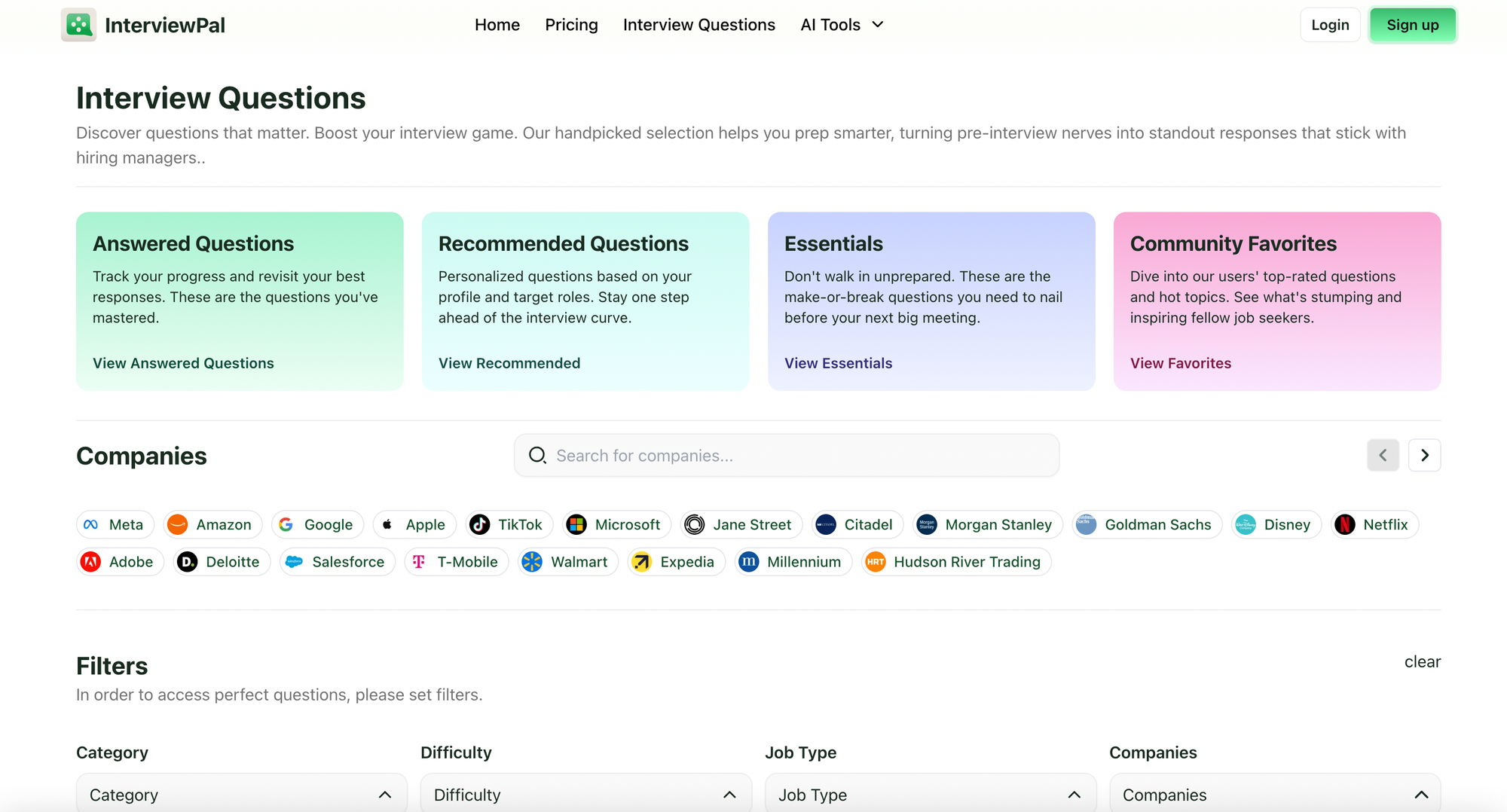Let's cut to the chase. If you're preparing for a job interview, you're going to face this question: "Tell me about a time you solved a difficult problem." It's not there to trip you up. It's there to give you a chance to show what you can do. Here's how to tackle it head-on.
Why They're Asking
Interviewers ask this for three main reasons:
- To see how you approach challenges
- To understand your problem-solving process
- To gauge your ability to communicate complex situations clearly
The STAR Method: Your Framework for Success
Use the STAR method to structure your answer. It's straightforward and effective:
- Situation: The context of your problem
- Task: What you needed to accomplish
- Action: The steps you took
- Result: The outcome of your actions
Step-by-Step Guide to Crafting Your Answer
- Choose the Right Problem: Pick something relevant to the job you're applying for. If it's a tech role, choose a technical problem. If it's a leadership role, focus on a team or project challenge.
- Set the Scene (Briefly): Give just enough context. Example: "Our team was a week away from launching a new product when we discovered a major bug in the core functionality."
- Explain Your Role: Make it clear what was expected of you. Example: "As the lead developer, it was my responsibility to identify the issue and implement a fix before the launch date."
- Detail Your Actions: Be specific about what you did. Example: "First, I isolated the bug by reviewing recent code changes. Then, I assembled a small team to brainstorm solutions. We decided to roll back to a previous stable version while simultaneously working on a fix."
- Share the Outcome: Focus on tangible results. Example: "We successfully fixed the bug and launched the product on time. The solution we developed also improved overall system stability by 15%."
Common Mistakes to Avoid
- Choosing a Minor Problem: The issue should be significant enough to showcase your skills.
- Being Too Vague: Provide specific details about your actions and the results.
- Taking All the Credit: Acknowledge team efforts where appropriate.
- Forgetting the Lesson: Mention what you learned from the experience.
Example Answers for Different Roles

Software Engineer:
"During the final phase of a major software release, we encountered a critical performance issue causing 30% slower response times under high user loads. As the lead backend developer, I led the debugging effort. I used performance profiling tools to identify a database query bottleneck. By optimizing the query structure and implementing a caching layer, we improved response times by 50%. The product launched on schedule, and the optimizations reduced our cloud computing costs by 20% in the long run."
Project Manager:
"Midway through a high-priority client project, we faced an unexpected 25% budget cut. I immediately reviewed our project plan and identified areas to streamline without compromising key deliverables. I renegotiated with vendors, reallocated internal resources, and adjusted our timeline. We delivered the project within the new budget constraints and only two weeks later than originally planned. The client was impressed with our adaptability, leading to two additional projects worth $500,000 in new business."
How to Prepare
- Identify 3-5 Problem-Solving Stories: Choose examples from different aspects of your work.
- Practice the STAR Method: Write out your stories using this structure.
- Time Yourself: Aim to tell each story in 2-3 minutes.
- Get Feedback: Practice with a friend or mentor and ask for honest critique.
How InterviewPal Can Help You Master Behavioral Interview Questions
Preparing to answer complex questions like, “Tell me about a situation where you had to solve a difficult problem,” can be challenging, but you don’t have to do it alone. With InterviewPal, you can:
- Practice tailored mock interviews that reflect real-world scenarios, including problem-solving and behavioral questions.
- Receive AI-powered feedback on your answers, helping you fine-tune your response structure and delivery.
- Track your progress over time to ensure you’re improving and ready to impress in your next interview.
By practicing with InterviewPal, you’ll feel more confident and prepared to tackle tough interview questions, no matter what company you’re interviewing with.
Start preparing today and give yourself the edge you need to land your dream job with InterviewPal.



